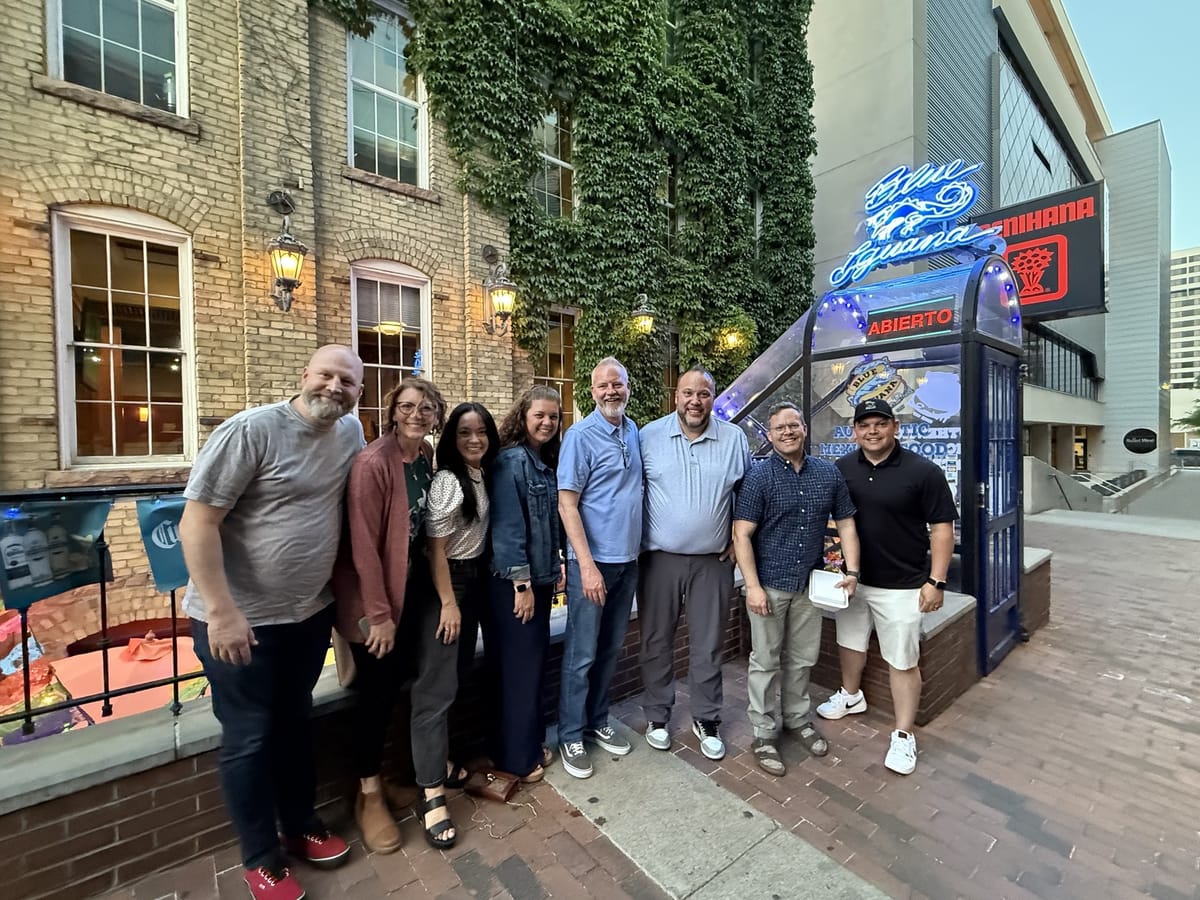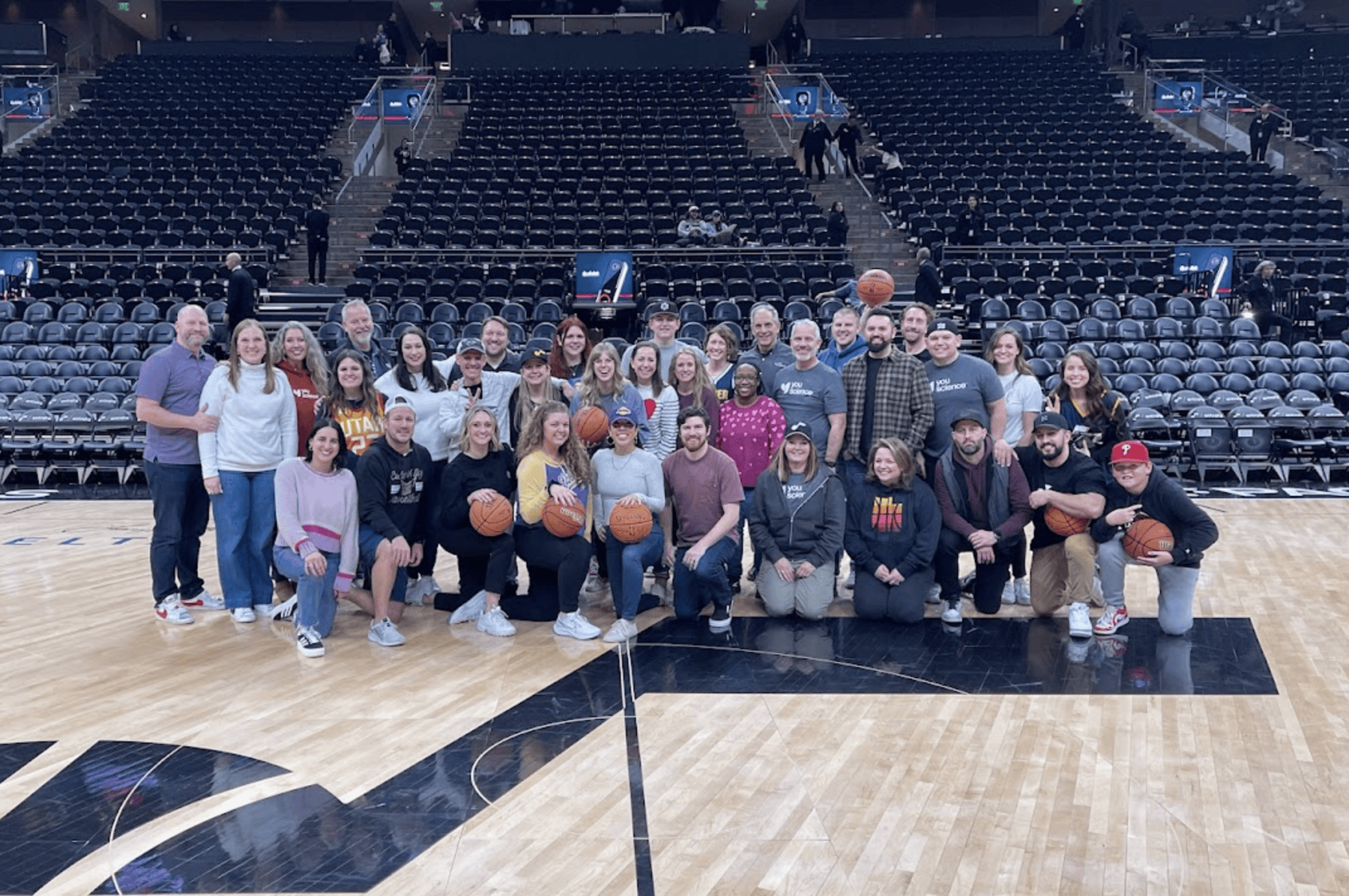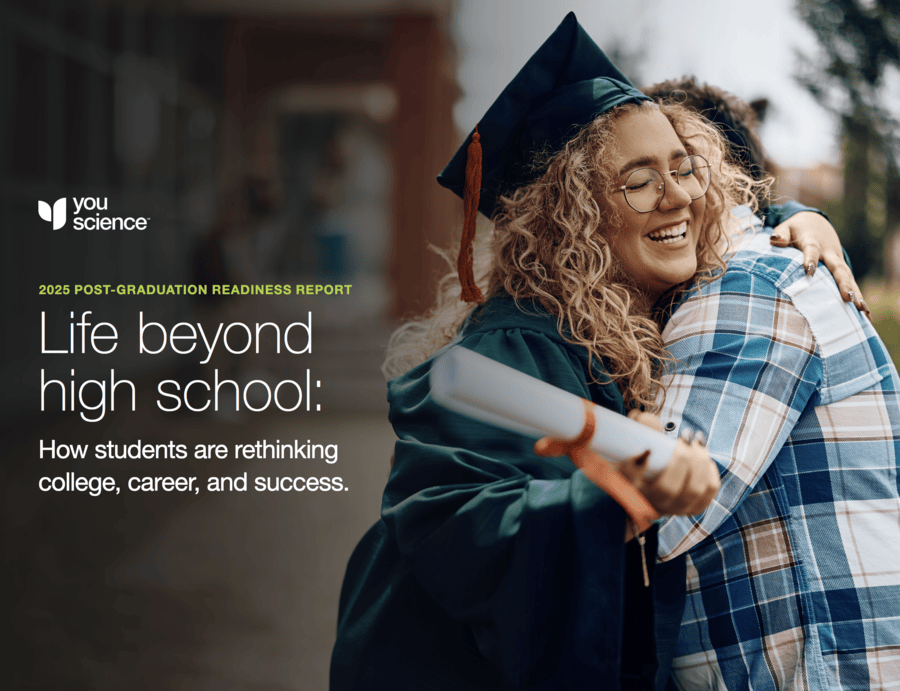

Provo, Utah - May 20, 2025
Sharp Drop in College Enrollment Signals Behavioral Shift, Not Just Demographics
As four-year college enrollment plummets to 35%, students are rethinking their futures—but most say they’re unprepared for what comes next.
YouScience, a Provo, Utah-based education technology company transforming college and career readiness through its award-winning platform Brightpath, today released its third annual Post-Graduation Readiness Report. The findings reveal a growing disconnect between what students learn in school and what they need to succeed in the real world.
Based on a national survey of over 500 high school graduates from the Classes of 2021 through 2024—and trends dating back to 2019—the report uncovers a deepening crisis: students are navigating a rapidly changing world with outdated tools and minimal guidance.

“It highlights something we’ve already known,” said Edson Barton, CEO of YouScience. “Students can kind of see that their world is shifting right beneath their feet. Not only do they feel unprepared for this change, but they’re asking, ‘What is my role in this?’”
Startling Findings Underscore Readiness Gap
Among the report’s most urgent insights:
- Only 35% of Class of 2024 graduates plan to attend a four-year college, down from 55% in 2019.
- 72% report feeling only moderately, slightly, or not at all prepared for life after high school.
- 77% say they would’ve been more engaged in school if they’d better understood their strengths and career options.
- Only 56% of college-goers have declared a major—and 42% of them have already changed it, often more than once.
- 50% of students lacked work-based learning experiences, and 45% wanted better access to career counseling.
“This isn’t just a demographic cliff—it’s a psychological shift,” said Barton. “Students are questioning whether college is worth it. It’s not just the cost—it’s the relevance.”
He continued, “Ask any adult today if their job matches their college major. Most will say no. And our kids are picking up on that.”
The Failure of Outdated Tools
The report also highlights the flaws in the tools being used to guide students. Barton explained: “Too many schools still use outdated, interest-based surveys. If you’ve never walked down a city street, how would you know if you’d like that? If you’ve never coded, how do you know it’s not for you?”
He added, “These tools often reinforce stereotypes. We need to assess what students can do, not just what they think they like.”
Instead, YouScience advocates for aptitude-based assessments that provide students with meaningful insight into their natural strengths, starting at an earlier age. “By middle school, students are already forming ideas about who they are—and those ideas are often far too narrow,” Barton said. “If we don’t help them explore, they’ll lock themselves into stereotypes. That’s harmful.”
He also noted that guiding students based on perceived personality traits can be limiting. “Telling a girl she’ll be a great teacher because she’s kind is fine,” he said. “But why not also tell her she could be a great engineer, or a surgeon, or a welder?”

Career-Connected Learning is Key
More than anything, students are seeking relevance in their learning experiences. “Education is always a means to something else,” Barton said. “Most of us have to provide for ourselves. We want our education to lead to an outcome we can physically manifest—a job.”
“If we can’t help students understand how they’re going to clothe and feed themselves, then everything else—self-fulfillment, purpose, contribution—falls apart,” he added. “Work does that for people. It grounds them.”
He pointed to the need for greater integration of real-world experiences into education. “Students don’t need more generic advice,” Barton said. “They need real data about their strengths, meaningful career exposure, and practical experiences that connect learning to life.”
Utah Leads—But Needs More Support
As a Utah-based company, YouScience sees the state as a leader in career and technical education (CTE)—but warns that more support is still needed.
“Utah is the gold standard in CTE,” Barton stated to TechBuzz. “Every school follows consistent standards. Students can earn industry-recognized certifications. Teachers get real-time feedback. Employers know exactly what skills they’re getting.”
Despite that progress, Barton emphasized that programs can still be undercut by budget uncertainty. “We’ve built a statewide system most people don’t even realize exists,” he said. “But if we’re not careful, we’ll underfund it or duplicate it into irrelevance.”
He cited statewide standardization as a key strength: “Without consistency, it’s impossible to scale meaningful change. Utah does this incredibly well, and it gives employers confidence.”
What Comes Next
With outdated career guidance tools and vague advice failing students, YouScience calls on education, business, and policy leaders to take bold steps to close the readiness gap:
- Start early with aptitude and interest discovery.
- Ensure access to personalized, aptitude-based assessments and counseling.
- Expand real-world learning, including industry certifications and work-based experiences.
- Equip families to have early, informed conversations about career options.
“This report gives us a roadmap,” said Barton. “It’s up to all of us to act.”
Read the Full Report
To read the full 2025 Post-Graduation Readiness Report or learn how YouScience Brightpath equips schools to drive real student outcomes, visit youscience.com.


